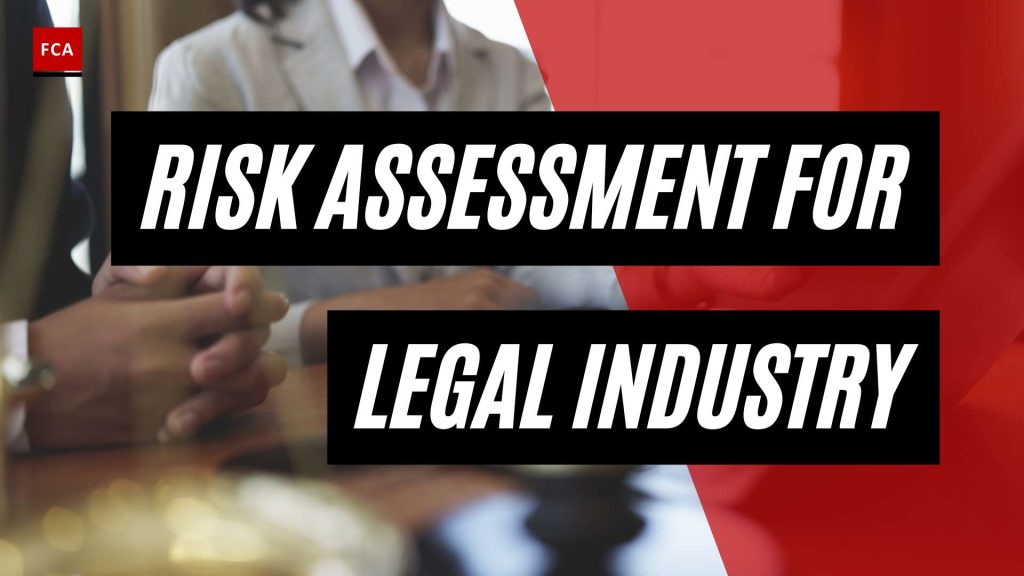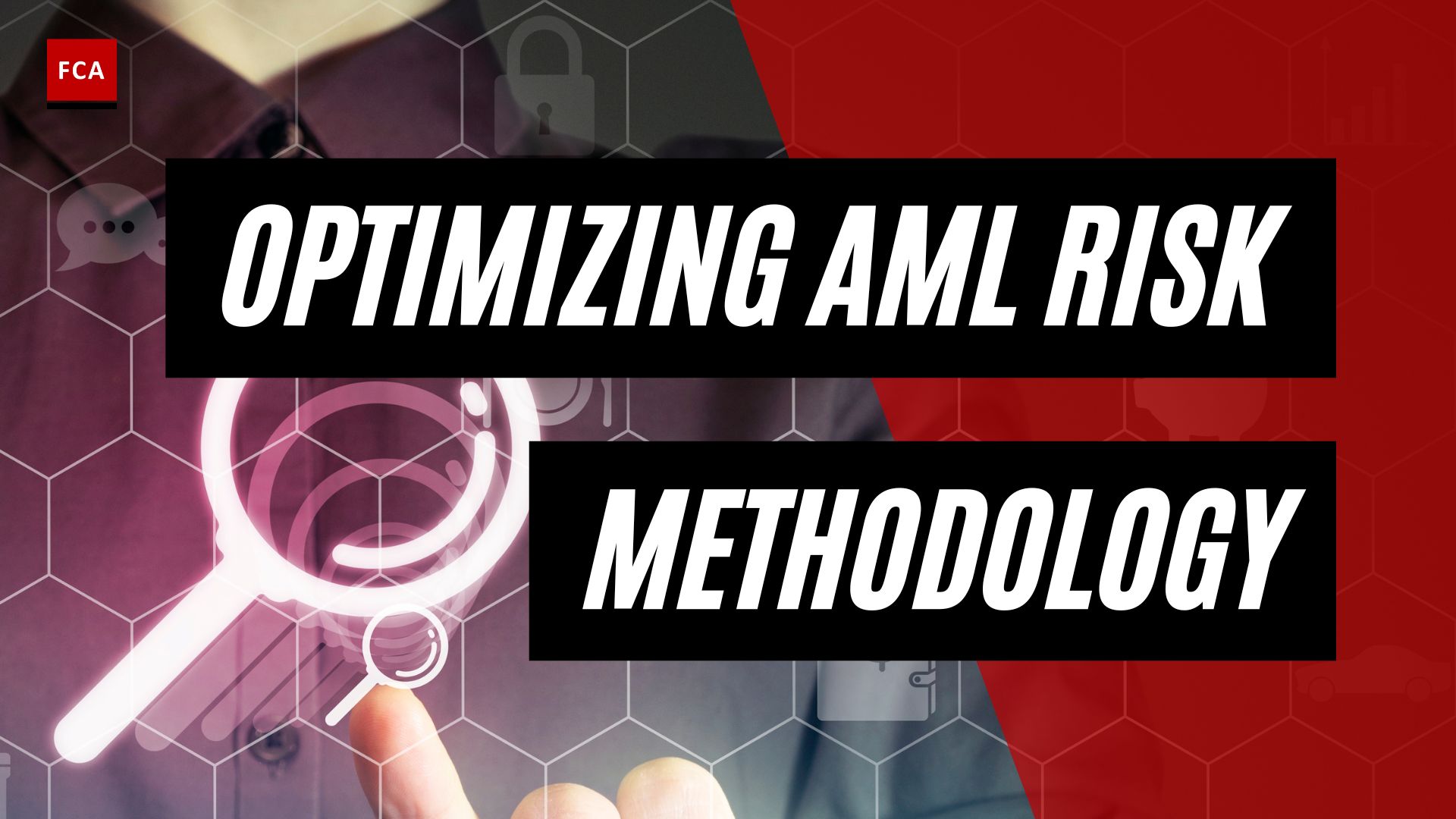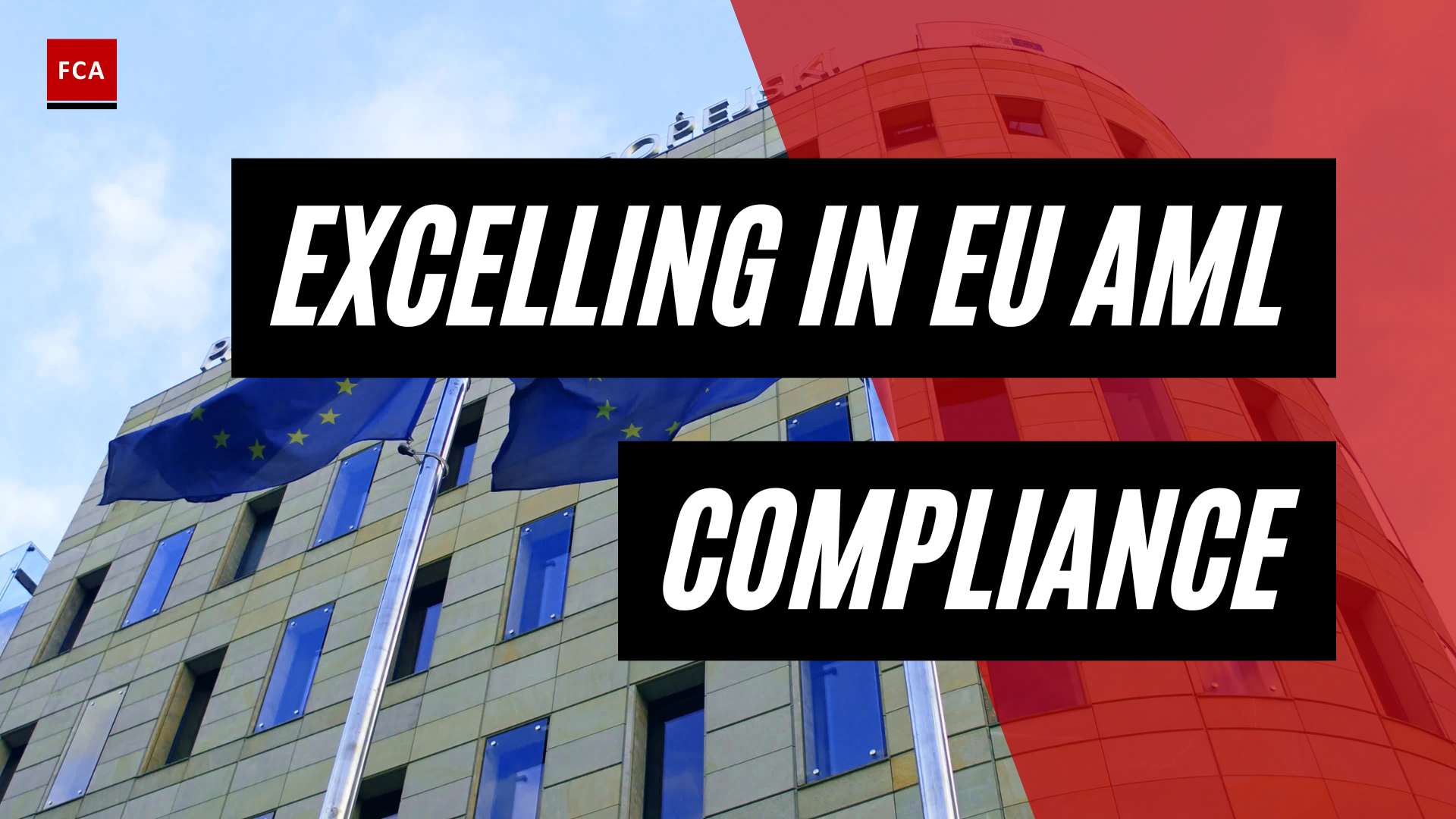AML in Legal and Professional Services
The importance of Anti-Money Laundering (AML) compliance in the legal industry cannot be overstated. Auditing and law firms, closely associated with financial transactions and business activities, are at risk of being exploited by money launderers. Implementing effective AML measures is essential to prevent money laundering and protect the integrity of the legal sector.
Importance of AML Compliance in Legal Industry
AML compliance is an ongoing process that requires vigilance and adaptability due to the evolving nature of AML regulations and the methods used by money launderers. Auditing and law firms must stay up-to-date with the latest regulations and continuously improve their AML programs to avoid violations that could lead to significant fines and reputational damage. By adhering to AML guidelines, legal professionals demonstrate their commitment to maintaining the highest ethical standards and safeguarding the financial system.
To ensure compliance, auditing and law firms should establish robust AML policies and procedures. These policies outline the firm’s commitment to preventing money laundering, provide guidelines for identifying suspicious activities, and establish processes for reporting and addressing any detected risks. By having a comprehensive AML policy in place, firms can create a culture of compliance and effectively manage the inherent risks associated with financial transactions.
Challenges in AML Risk Assessment for Legal Professionals
Conducting effective AML risk assessments poses unique challenges for legal professionals. Some of the key challenges include:
-
Complexity of Client Relationships: Legal professionals often have complex client relationships, working closely with individuals, businesses, and organizations. This complexity can make it challenging to accurately assess the level of AML risk associated with each client.
-
Confidentiality Obligations: Legal professionals are bound by strict confidentiality obligations, which can create difficulties when gathering and sharing information necessary for AML risk assessments. Balancing the need for client confidentiality with the requirements of AML compliance can be a delicate task.
-
Cross-Border Transactions: The legal industry frequently handles cross-border transactions, which can introduce additional complexities and risks in terms of jurisdictional differences, varying AML regulations, and challenges in obtaining reliable information.
-
Shortage of Skilled AML Professionals: The demand for professionals with expertise in AML compliance often exceeds the available supply, leading to a shortage of skilled personnel in the legal industry. This shortage can make it challenging for auditing and law firms to adequately address AML risks and implement effective compliance measures.
Despite these challenges, legal professionals can navigate AML compliance successfully by partnering with professional AML consultants and advisors. These experts provide valuable guidance, helping firms stay ahead of evolving AML regulatory frameworks and develop robust compliance programs that align with industry best practices.
By recognizing the importance of AML compliance and addressing the challenges specific to the legal industry, auditing and law firms can establish a strong foundation for preventing money laundering and protecting the integrity of their operations.
Risk-Based Approach in AML Compliance
Implementing an effective Anti-Money Laundering (AML) compliance program requires a risk-based approach (RBA) that involves three key steps: risk identification, risk assessment, and risk mitigation and management. This approach ensures that the legal industry can effectively identify and manage the risks associated with money laundering and terrorist financing activities.
Three Steps of Risk-Based Approach
- Risk Identification in Legal Industry
The first step in the risk-based approach is to identify potential risks specific to the legal industry. This involves remaining informed about common money laundering mechanisms and documenting the thought processes. It is crucial for legal professionals to stay updated on the evolving money laundering methods and typologies (Skillcast). By identifying and documenting these risks, legal professionals can better understand the specific vulnerabilities within their operations and client relationships.
- Risk Assessment in Legal Industry
After identifying the potential risks, the next step is to assess the likelihood and impact of these risks. Risk assessment requires a thorough analysis of all available information, considering factors such as transactions, customer relationships, the business, the sector, and the broader economy (Skillcast). It is important to perform risk assessments at multiple levels, including business risk assessments and customer risk assessments. These assessments should be guided by and fed into each other, taking into account risk assessments performed at the national and international levels. By conducting comprehensive risk assessments, legal professionals can prioritize their efforts in combating money laundering and terrorist financing.
- Risk Mitigation and Management in Legal Industry
The final step in the risk-based approach is risk mitigation and management. Once risks have been identified and assessed, legal professionals must take appropriate actions to reduce the occurrence of money laundering and terrorist financing activities. This includes reporting suspicious activities or transactions to the relevant authorities through formal reports, without tipping off the potential subjects of reports. Seeking guidance from the Money Laundering Reporting Officer (MLRO) and the Legal/Compliance units is crucial in effectively managing and mitigating risks (Skillcast).
By following this risk-based approach, legal professionals can develop a comprehensive AML compliance program that addresses the unique risks faced by the legal industry. It allows for a systematic and targeted approach to identify, assess, and manage risks associated with money laundering and terrorist financing activities. By continually reassessing and updating risk assessments, legal professionals can stay proactive in their efforts to combat financial crime and ensure compliance with AML regulations.
Technology-Driven AML Compliance in Legal Services
In the realm of AML compliance for legal services, technology plays a vital role in streamlining processes and enhancing efficiency. Traditional AML compliance methods have been time-consuming, labor-intensive, and prone to human error, making it challenging to keep pace with the sophisticated tactics employed by money launderers and financial criminals. However, the integration of technological advancements has revolutionized AML compliance in the legal industry.
Role of Technology in AML Compliance
Technology-driven AML compliance incorporates various tools and systems to improve the identification and analysis of potential money laundering activities. These advancements include artificial intelligence (AI), machine learning (ML), robotic process automation (RPA), transaction monitoring systems, customer due diligence (CDD) processes, and big data analytics (FlagRight). By leveraging these technologies, legal professionals can enhance their ability to detect and prevent money laundering activities efficiently.
The role of technology in AML compliance for legal services is multifaceted. It enables quick adaptation to new patterns and tactics employed by financial criminals, enhances the accuracy and efficiency of AML processes, and reduces operational costs and resources (FlagRight). By automating various aspects of the compliance workflow, technology frees up valuable time for legal professionals to focus on higher-value tasks, such as conducting thorough investigations and developing effective risk mitigation strategies.
Benefits of AML Software for Legal Professionals
AML software is a valuable asset for legal professionals in their AML compliance efforts. This software streamlines the risk assessment process by automating the identification of high-risk clients and transactions, ensuring comprehensive due diligence checks to comply with regulations and industry best practices (Financial Crime Academy). Here are some key benefits of using AML software in the legal industry:
-
Efficiency: AML software enables legal professionals to efficiently monitor and analyze client data, transaction patterns, and other risk indicators. This helps in promptly detecting and reporting suspicious activities, ensuring compliance with regulatory requirements and mitigating financial crime risks.
-
Accuracy: By automating various AML processes, AML software reduces the chances of manual errors and ensures consistent adherence to compliance procedures. This enhances the accuracy and reliability of AML risk assessments conducted by legal professionals.
-
Comprehensive Monitoring: AML software continuously monitors client data and transaction activities, providing real-time alerts for suspicious behavior. This proactive approach helps legal professionals stay ahead of potential money laundering threats and regulatory violations.
-
Operational Efficiency: The implementation of AML software in legal practices improves overall operational efficiency. It reduces the time and effort required for manual AML compliance tasks, allowing legal professionals to focus on higher-value activities and better serve their clients.
By utilizing technology-driven AML compliance tools like AML software, legal professionals can enhance the effectiveness of their risk assessment processes, protect themselves and their clients from financial crime risks, and ensure compliance with AML regulations in an efficient and accurate manner.
In the next section, we will discuss collaboration and resources available to legal professionals for AML compliance, including the FINRA Utility Menu and the importance of professional AML consultants.
Collaboration and Resources for AML Compliance
Ensuring effective Anti-Money Laundering (AML) compliance in the legal industry requires collaboration and access to appropriate resources. This section highlights two important aspects: the FINRA Utility Menu for legal professionals and the importance of professional AML consultants.
FINRA Utility Menu for Legal Professionals
The Financial Industry Regulatory Authority (FINRA) offers a comprehensive Utility Menu that caters to the specific needs of professionals within the financial industry. This includes a range of services and resources, including data, platforms, and portals, designed to assist legal professionals in their AML compliance efforts.
The FINRA Utility Menu provides access to various tools and information that can aid legal professionals in their AML compliance journey. Some of the services available include:
-
FINRA Data for the Public: This service provides access to publicly available data, including market data, regulatory information, and investor education resources. Legal professionals can leverage these resources to stay informed about AML regulations and trends.
-
FinPro for Industry Professionals: FinPro offers a range of tools and resources for industry professionals, including AML compliance guidance, rulebooks, regulatory notices, and market surveillance resources. These resources can help legal professionals navigate the complexities of AML compliance within the legal industry.
-
FINRA Gateway for Member Firms: Member firms can utilize the FINRA Gateway to access regulatory filings, compliance resources, and reporting tools. This platform enables legal professionals to manage their AML compliance obligations efficiently.
-
DR Portal for Case Participants: The Dispute Resolution (DR) Portal provides access to the case management system for legal professionals involved in FINRA arbitration or mediation cases. This portal streamlines communication and document exchange, facilitating compliance with AML regulations during dispute resolution processes.
By utilizing the resources available through the FINRA Utility Menu, legal professionals can enhance their AML compliance efforts and stay up to date with the evolving regulatory landscape. It is important to regularly explore the offerings provided by FINRA to ensure compliance with AML regulations specific to the legal industry.
Importance of Professional AML Consultants
In addition to leveraging industry resources, legal professionals can benefit from the expertise of professional AML consultants. These consultants and advisors specialize in AML compliance and can provide valuable guidance to auditing and law firms.
Professional AML consultants offer a range of services tailored to the needs of legal professionals. They can assist in developing and implementing effective AML policies and procedures, conducting risk assessments, and designing AML training programs specific to the legal industry. These experts stay up to date with the evolving AML regulatory frameworks, which can be a challenging task for firms on their own.
By engaging professional AML consultants, legal professionals can benefit from their deep understanding of AML regulations and industry best practices. These consultants can provide tailored advice and solutions to address the unique AML compliance challenges faced by the legal industry. Their expertise and guidance can help auditing and law firms in ensuring compliance and the effectiveness of their AML programs.
As the legal industry continues to navigate the complexities of AML compliance, collaboration with industry resources such as the FINRA Utility Menu and the expertise of professional AML consultants becomes increasingly important. By leveraging these resources, legal professionals can enhance their AML compliance efforts and contribute to a robust and effective AML framework within the legal sector.
Challenges in AML Compliance for Legal Industry
While AML compliance is crucial for the legal industry, there are several challenges that legal professionals face in effectively implementing and maintaining robust AML programs. These challenges include evolving money laundering methods, information sharing and collaboration difficulties, data and technology resource limitations, cross-jurisdictional compliance challenges, and a shortage of skilled AML professionals.
Evolving Money Laundering Methods
Criminals are constantly adapting their money laundering methods, employing sophisticated tactics such as shell companies, offshore accounts, and digital currencies to conceal illicit funds. These evolving methods pose significant challenges for legal professionals in detecting and preventing money laundering activities. Staying informed about the latest money laundering trends and continuously updating AML processes and procedures is essential to effectively combat these illicit activities (Sanction Scanner).
Information Sharing and Collaboration Challenges
Effective collaboration and information sharing among financial institutions, regulatory authorities, and legal professionals are vital in combating money laundering. However, concerns about legal liability and reputational risks often hinder the sharing of information. Establishing mechanisms for secure and confidential information exchange, while addressing these concerns, is crucial to enhance the collective ability to detect and prevent money laundering activities.
Data and Technology Resources
Access to comprehensive and accurate data, as well as advanced analytical tools, is essential for identifying and investigating suspicious transactions. However, legal professionals may face limitations in terms of data availability and technology resources. These limitations can impede the effective identification and reporting of suspicious activities. Investing in robust data management systems and leveraging technology solutions can help overcome these challenges and enhance AML compliance efforts.
Cross-Jurisdictional Compliance Challenges
Operating in a globalized world, legal professionals often need to navigate different jurisdictions and comply with varying AML regulations. Each jurisdiction may have different reporting requirements and customer due diligence standards. Ensuring compliance with these diverse regulations can be complex and resource-intensive. Legal professionals need to dedicate significant efforts to understand and fulfill the regulatory obligations across jurisdictions they operate in (Sanction Scanner).
Shortage of Skilled AML Professionals
The field of AML compliance requires specialized knowledge and expertise. However, there is a scarcity of skilled AML professionals in the industry. The high demand for AML expertise, coupled with the continuous changes in regulations, poses challenges for legal professionals in recruiting and retaining qualified staff. Investing in recruitment strategies, training programs, and continuous professional development is essential to build and maintain a competent AML team.
Navigating these challenges requires a proactive and comprehensive approach to AML compliance in the legal industry. By staying updated on evolving money laundering methods, enhancing information sharing and collaboration, investing in data and technology resources, addressing cross-jurisdictional compliance requirements, and focusing on building a skilled AML team, legal professionals can strengthen their AML programs and contribute to a more robust financial system.
Future Trends and Solutions in AML Compliance
As the landscape of anti-money laundering (AML) compliance continues to evolve, auditing and law firms are focusing on adopting new trends and solutions to strengthen their AML programs. These advancements aim to enhance risk assessments, improve accuracy, and streamline compliance processes. In this section, we will explore some of the key trends and solutions shaping the future of AML compliance in the legal industry.
Increasing Focus on AML Compliance
Given the ever-changing nature of AML regulations and the methods used by money launderers, there is an increasing emphasis on AML compliance within auditing and law firms. Staying up-to-date with the latest regulatory frameworks and continuously improving AML programs is crucial to avoid violations that could result in significant fines and reputational damage. (LinkedIn)
Addressing Inaccurate Due Diligence Information
Accurate and reliable due diligence information is essential for effective AML compliance. However, auditing and law firms face challenges in obtaining accurate information from clients and third parties. To address this issue, firms are exploring advanced technologies, such as data analytics and artificial intelligence (AI), to enhance due diligence processes. These technologies can help automate the collection, verification, and analysis of data, enabling more accurate risk assessments and improved compliance outcomes.
Automation and AI in AML Risk Assessments
Automation and AI are revolutionizing AML risk assessments in the legal industry. By leveraging these technologies, auditing and law firms can analyze vast amounts of data more efficiently, identify suspicious patterns or transactions, and detect potential money laundering activities. Machine learning algorithms can continuously learn from new data, improving the accuracy and effectiveness of risk assessments over time. Implementing automation and AI in AML risk assessments helps firms stay ahead of emerging risks and enhances their ability to prevent financial crimes.
Frictionless Customer Onboarding Systems
Customer onboarding is a critical process in AML compliance, but it can often be time-consuming and burdensome for both the firm and the client. To address this challenge, auditing and law firms are adopting frictionless customer onboarding systems. These systems utilize advanced technologies like biometric authentication and digital identity verification to streamline the onboarding process while maintaining robust AML checks. By reducing manual processes and incorporating technology-driven solutions, firms can enhance efficiency and improve the overall customer experience.
Integration of Technology Tools in AML Compliance
The integration of technology tools is a key trend in AML compliance for auditing and law firms. This includes the use of AML software and platforms that provide comprehensive solutions for client screening, transaction monitoring, and compliance reporting. These tools assist firms in managing and analyzing large volumes of data, automating compliance processes, and ensuring regulatory compliance. By embracing technology-driven solutions, auditing and law firms can enhance their AML programs, mitigate risks, and demonstrate a commitment to effective AML compliance.
To stay ahead in the ever-evolving landscape of AML compliance, auditing and law firms are actively embracing these future trends and solutions. By increasing their focus on AML compliance, addressing inaccurate due diligence information, incorporating automation and AI in risk assessments, implementing frictionless customer onboarding systems, and integrating technology tools, these firms can strengthen their AML programs and effectively combat money laundering activities.








